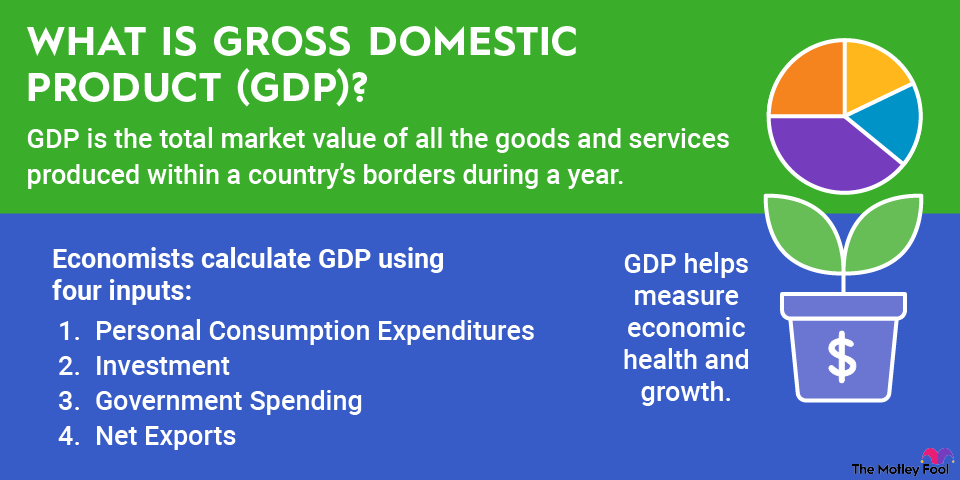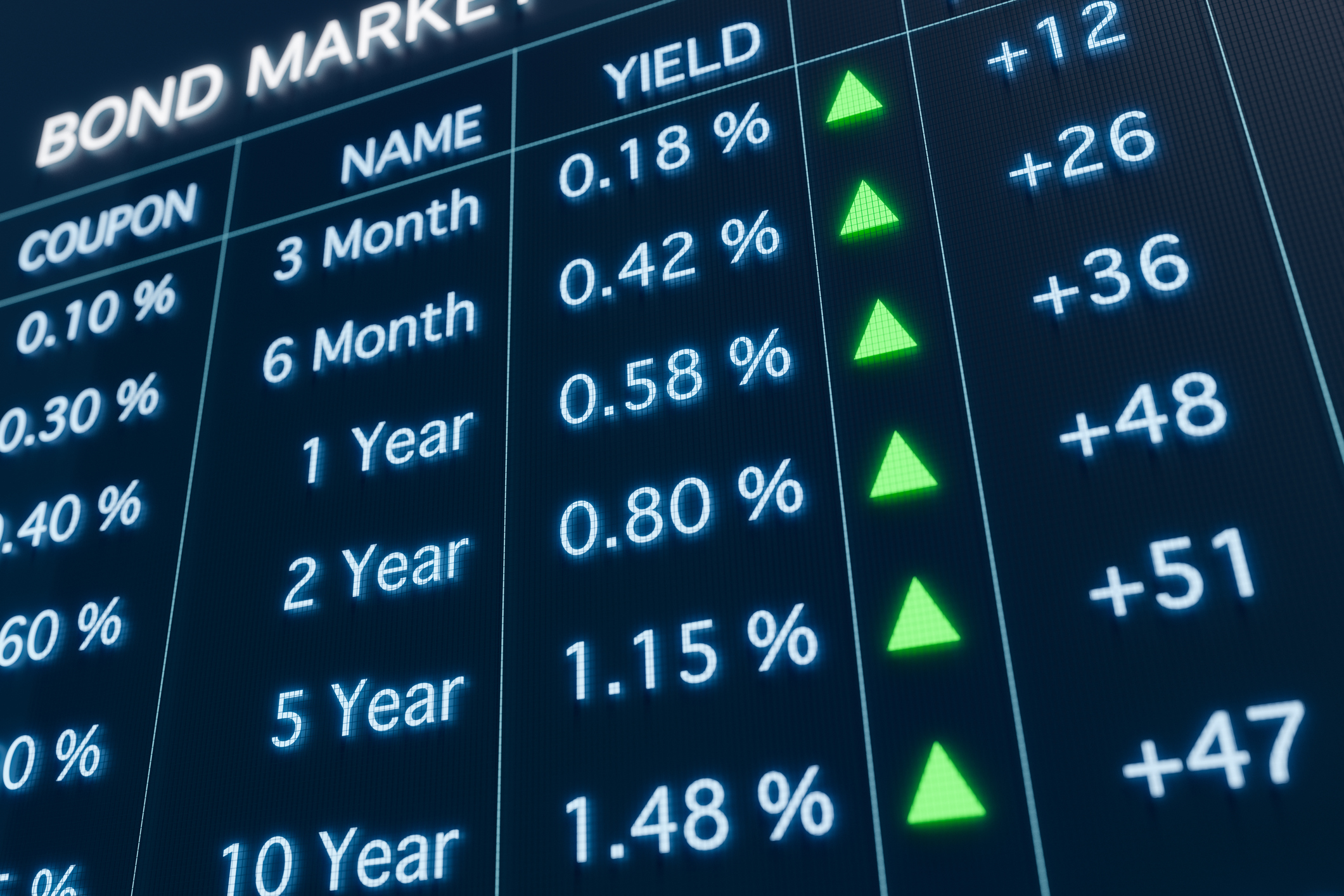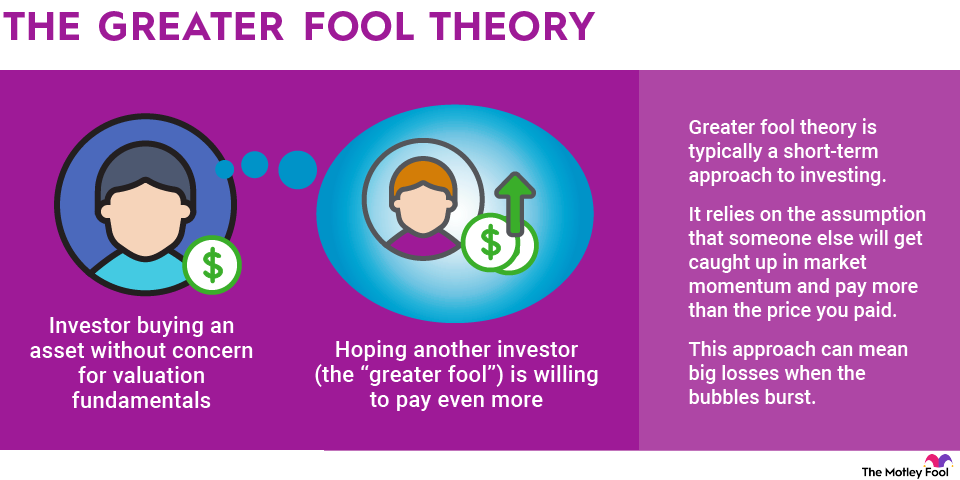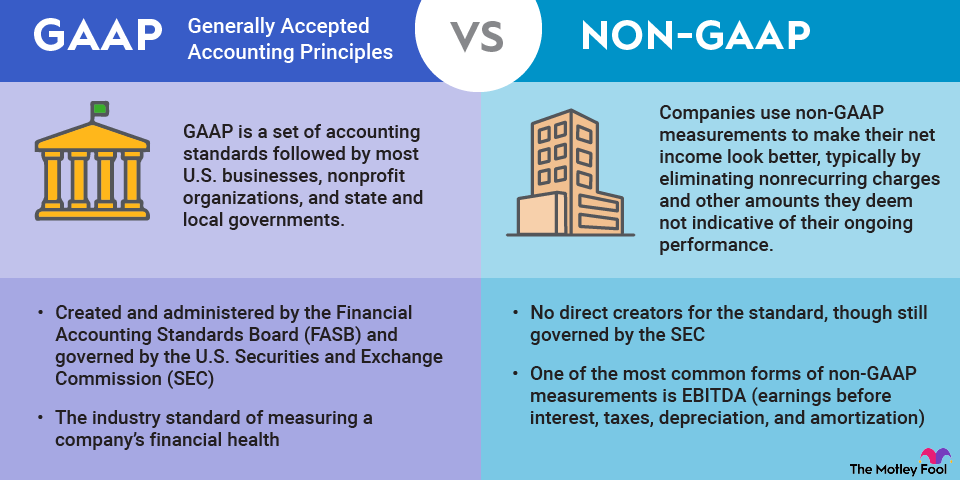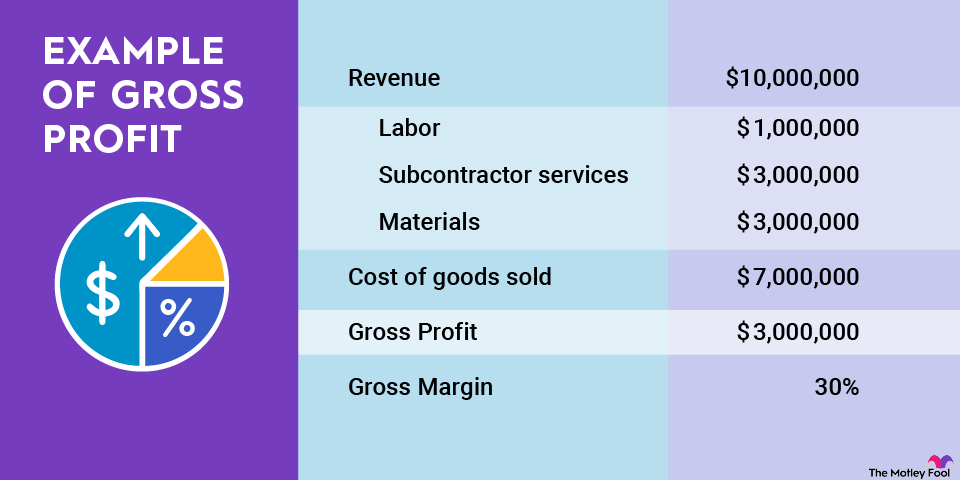Game theory is an analytical framework used for understanding and modeling strategic interactions among rational decision makers -- in other words, it is the theoretical analysis of making decisions in a group of other decision makers. It's particularly relevant in economics, political science, and psychology and has significant applications in stock market investing.
Let me break down the dry theory for you. Here's what investors like us need to know about game theory.

Game theory defined
In short, game theory is the mathematical study of strategy and decision making where multiple players make choices that affect each other's outcomes.
It involves the analysis of various scenarios where the payoff of a player's decision depends not only on their own actions but also on the actions of other players. Most of these choices are out of any single player's control, so you have to consider the possible outcomes of many different combinations. The aim is to find the best choice in the given situation, and the definition of "best" can vary. For instance, you can look for the optimal result in the best of all possible worlds, the most likely outcome using probabilities and educated guesses, and more.
If that sounds like the stock market, you're on the right track. Investors often face situations where their decisions and those of others are interdependent, making game theory a valuable tool for understanding market dynamics.
Why game theory matters
Understanding game theory is crucial in several domains. Economics and investing are among the most important game theory disciplines.
Here, the sophisticated mathematical theory provides a structured way to analyze situations where outcomes depend on the interactions of various agents with different objectives. Buyers want to pick up solid investments at a low price, while sellers seek a high price for assets they no longer find essential.
So, in the stock market, game theory can be used to anticipate the actions of other investors and institutions. Their actions will change the value of your own decisions, so it's a good idea to make sense of the potential outcomes before taking action.
Core principles of game theory
Key elements of game theory include:
- Players: The individuals or entities making decisions. In the case of stock investments, the players are either buyers or sellers of the stock in question.
- Strategies: The choices available to each player. How enthusiastic is the buyer about picking up this stock, and how strongly does the seller want to let go of it? What can each player afford to do?
- Payoffs: The outcomes resulting from the combination of various strategies. In stock trades, the outcome is either a transaction with a final price or no transaction at all.
- Equilibrium: A state where players have selected their strategies and have no incentive to change them, given the choices of others. When both the buyer and seller can accept making the trade at a certain price, typically somewhere in between each player's ideal target price, they have reached this equilibrium and are ready to execute the proposed trade.
History and practical applications of game theory
There are many ways to approach the field of game theory, starting from the principles of sciences such as economics, mathematics, psychology, anthropology, or computer science. My list is far from complete, illustrating the complexity and depth of modern game theory. So, if you want to get into this interesting science and apply it to investing -- or to any other instance of humans making decisions in a group -- you can explore your own path to that goal.
John von Neumann is a central figure in the development of game theory, contributing significantly to its foundational concepts in the 1940s. Von Neumann's work has shaped the understanding of strategic decision-making processes in various fields, earning him the unofficial title of "the father of game theory."
The gallery of essential figures in this field includes mathematician John Nash (played by Russell Crowe in Ron Howard's highly fictionalized biopic, A Beautiful Mind) and behavioral economics expert Colin Camerer, who pairs economics with neuroscience.
For investors, applying game theory involves recognizing the interconnected nature of the market. Decisions should be made considering other market participants' potential reactions and strategies. This approach leads to more nuanced and informed investment strategies. Every potential buyer and seller plays a role, and they may interact with other stakeholders on a deeper level, too. For example, oil prices and the price of oil stocks can alter each other's value and investor decisions.
In other words, game theory is strategic thinking
Investors can use game theory to develop strategies that account for various possible actions by others in the market. This involves thinking several steps ahead and considering different scenarios and their implications.
You can approach this like a hobbyist, simply applying the basic concepts of game theory to an investment situation, or you can go all-in and use the rigid mathematical models of each game theory concept. The choice is up to you, and where you land on that scale also looks like an exercise in game theory. Each approach has its pros and cons, and your choices will depend on how you interact with other players in the market.
Game theory also helps understand when market conditions favor cooperative strategies and when competitive tactics might be more appropriate. Recognizing these dynamics can be crucial in making effective investment decisions.
This is sophisticated stuff, but well worth a serious look if you have an analytical investing philosophy.
Related investing topics
Dot-com and crypto bubbles: Keynesian game theory
The dot-com bubble of the late 1990s and the cryptocurrency fluctuations from 2016 to 2022 exhibit striking similarities, both characterized by speculative investment and herd behavior. Investors, relying on flimsy guesswork and driven by fear of missing out (FOMO), escalated asset prices far beyond fundamental values, leading to inevitable busts after each boom.
Game theory, particularly the "Beauty Contest" concept of John Maynard Keynes, sheds valuable light on these phenomena. Keynes would probably have seen these volatile peaks coming if he hadn't passed away in 1946.
Keynesian Economics
The Keynesian analysis suggests that investors in the boom-and-bust swings of the dot-com and early crypto eras were less moved by intrinsic asset values and more by predicting others' expectations. This herd mentality fueled the rapid rises and falls in both tech stocks and cryptocurrencies. The tech sector turned out to produce massive economic value in the long run, and the same may come to pass in the crypto sector, but the early volatility sprung from speculation and unrealistic expectations. That's Keynesian game theory in a nutshell.
For investors, game theory underscores the importance of discerning when market trends are speculative rather than fundamentally driven. Recognizing these patterns can prevent investors from getting caught in volatile cycles. A game theory-informed approach supports long-term investment decisions on solid analysis of an asset's value in a real market driven by the varied goals of many investors rather than solely on headline-powered market sentiment.
This strategy can help navigate and mitigate the risks associated with market swings driven by collective psychology.
